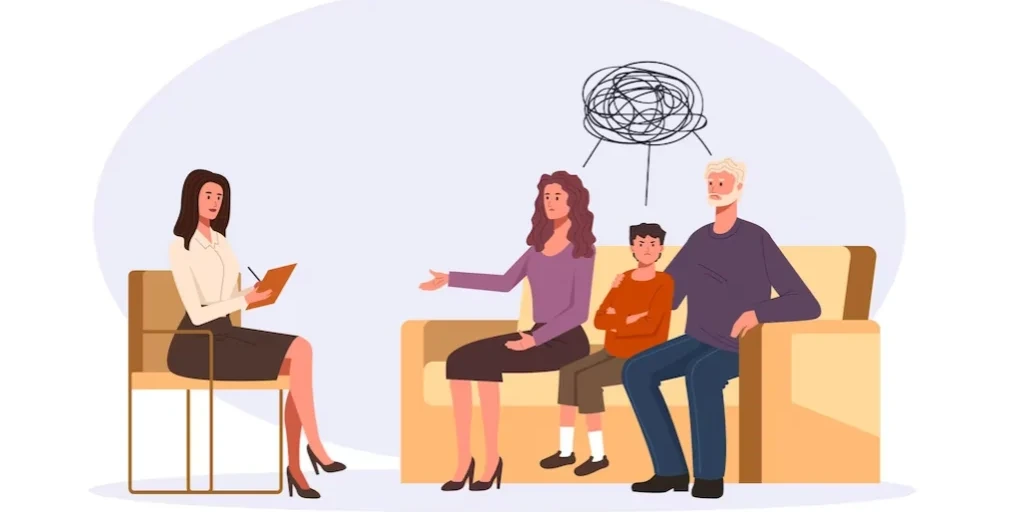24/7 Helpline:
(866) 899-111424/7 Helpline:
(866) 899-1114
Learn more about Klonopin Detox centers in Gibbs

Other Insurance Options

Providence

Aetna

Humana

Carleon

AllWell

United Health Care

Horizon Healthcare Service

Oxford

Sutter

Self-pay options

Ceridian

Private insurance

Excellus

Sliding scale payment assistance

BlueShield

Health Net

PHCS Network

Premera

Medical Mutual of Ohio

WellPoint


Preferred Family Healthcare – Jamison Street
Preferred Family Healthcare is a mental health, behavioral health, and dual diagnosis treatment cent...

Mark Twain Behavioral Health
Mark Twain Behavioral Health is a private rehab located in Kirksville, Missouri. Mark Twain Behavior...

Preferred Family Healthcare
Preferred Family Healthcare offers a residential and outpatient program, CPRC, RCF, Prevention, Heal...


































Integrative Wellness Institute
Integrative Wellness Institute is a private rehab located in Kirksville, Missouri. Integrative Welln...

AA – Alcoholics Anonymous
AA – Alcoholics Anonymous is a non-profit rehab located in Kirksville, Missouri. AA – Alcoholics Ano...
















